Music is the mediator between the life of the senses and the life of the spirit. – Beethoven “We surrender to music when we listen to it – we allow ourselves to trust the composer and musician with a part of our hearts and our spirits. We let the music take us somewhere outside ourselves. The power of music is that it can connect us to one another, and to larger truths about what it means to be alive and what it means to be human. That is how we are moved by music, ” writes Daniel J. Levitin in …
Category: Science
By believing oneself to be the master of one’s thoughts, one becomes so. “Before you treat someone, ask if they are willing to give up the things that make them sick,” advised Hippocrates (c. 460-370 BC). Since age-old times, philosophers and medical savants have researched to demystify the creative power of human thought. The maxims “Man is what he thinks” and “I think, therefore I exist” have long been common in universal language. As an ancient sage said : Be careful of your thoughts, for they become your words, words become your actions, your actions become your habits, habits …
“Everything is connected to everything by secret knots.” Numerology and number magic has fascinated humanity throughout millennia. From African tribes, American Indians, and Mayas to Mesopotamia, China and India, numbers are attributed mystery and meaning. Annemarie Schimmel (1922-2003), Harvard University professor known for her vast knowledge and distinguished books on Sufism and Islamic culture, offers a rare resource in numerology with her book The Mystery of Numbers. She demystifies the meanings of numbers in the religious traditions of Judaism, Christianity and Islam with rich, at times astonishing examples, from folklore, literature, art, creed and everyday life rituals. She …
“Music gives such pleasure that human nature cannot live without it, ” said Confucius. Music is essential says Victor Hugo because “ it expresses what cannot be put into words and what cannot remain silent.” The acclaimed neuroscientist, cognitive psychologist and musician Daniel Levitin explores the mystery of music and how music affects our brains, thoughts and our spirit. He says : The moods that music creates are part of its mystery. What most of us turn to music for is an emotional experience. Because music has the power to induce a certain emotion that will bring back a certain …
Lucidity, awareness, and “otherworldly” sensations experienced at the brink of death and awe-inspiring medical reports of notable doctors People like to wonder, and this is the kernel of science. – Ralph Waldo Emerson During the Second World War, the Austrian poet and writer Karl Skala (1924–2006), went to Russia with his troops. He and his comrade, Hannes, caught under artillery fire, took refuge in a fox inn. Hannes got hit and died there. Skala, heavily wounded, experienced that they were both rising up high in the sky, and found themselves looking at the battlefield below. Feeling the weight of …
“Emotions impact health and behavior, and they should be managed to gain self-mastery.” Avicenna (970-1037), the 11th century medical savant and philosopher foretold the imperative role of emotions on human psyche and behavior in his preeminent book, The Canon of Medicine. Centuries later, James Gross, director of Stanford Psychophysiology Laboratory known with his emotion regulation model explains: Emotional regulation refers to the process by which individuals influence which emotions they have, when they have them, and how they experience and express their feelings. Human ability to control and regulate emotions using reason and willpower is a pivotal strength. Not only …
The Pythagoreans believed that music was a purification for the soul, just as medicine was a purification for the body. The ancient Greek philosopher and polymath, Pythagoras (c. 570 – 495 BC) said that all things in cosmos – κόσμος are made of numbers ensuring that the universe functions in order and harmony. Known with his pioneering theories on music and mathematics, he proclaimed that cosmos is in harmonious motion precisely timed and structured. The harmonious and repetitive rotations of the spheres emit celestial melodies which he phrased as musica universalis – the music of the spheres. He put forth …
Goethe’s theory of colors, and how the eye sees and simultaneously creates its own color The great poet and savant Johann Wolfgang von Goethe (1749-1832) passionately explored the phenomenology of light and colors witnessed by the human eye, and collected his findings in Farbenlehre (Theory of Colors). His innovative doctrine of “physiological colors,” though dismissed by some due to lack of empirical data in his epoch, would later lead to wide repercussions in the centuries to come in art, physics and philosophy. He proclaimed that the colors referred to as physiological pertain to the subject, the organ of sight, …
How the intelligence of the trees is measured and what it means for maintaining our life on earth Plants are sentient beings which have emotions, who feel the pain when damaged, enjoy Mozart, can respond to unspoken thoughts of humans and more. Cleve Backster, a former intelligence agent, best known for his experiments with plants, he used a polygraph (lie detector) instrument in the 1960s long before science has discovered the intelligence of plants capable of cognition, learning, memory and communication. He hooked up the galvanometer of the polygraph to his house plant, and to his astonishment, he found that …
Life is hardly more than a fraction of a second. Such a little time to prepare oneself for eternity ! – Paul Gauguin The human quest for immortality dates back to ancient Mesopotamia (2100 BC), to the Epic of Gilgamesh. In his grief following the death of his companion, Gilgamesh undertakes a long and perilous journey to discover the secret of eternal life. At the end of his journey, the secret is unveiled to him : Eternal life which you look for you will not find here. For when God created man, He let death be his share. He …



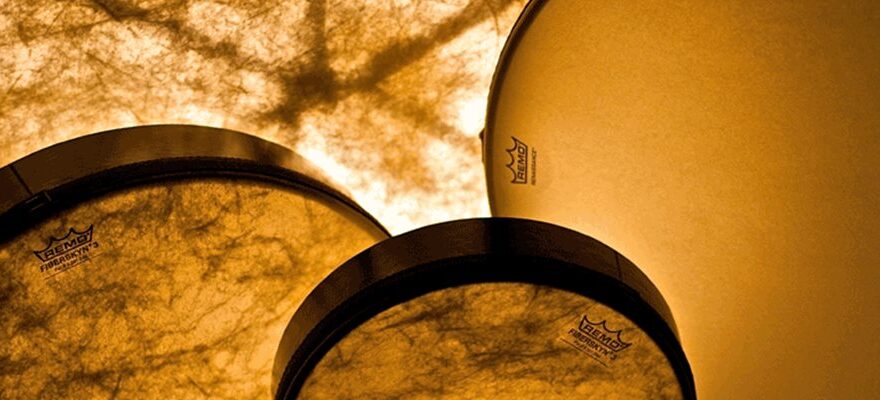

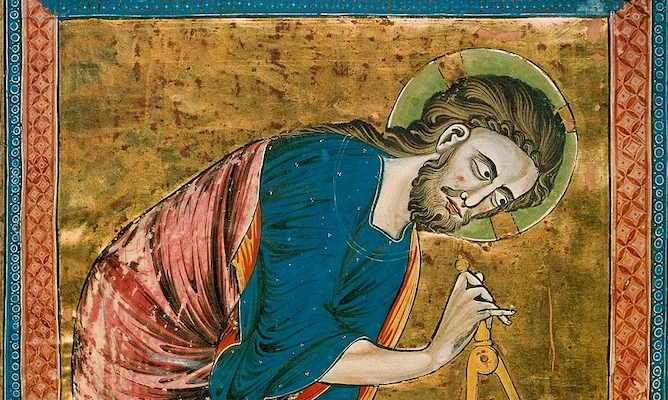
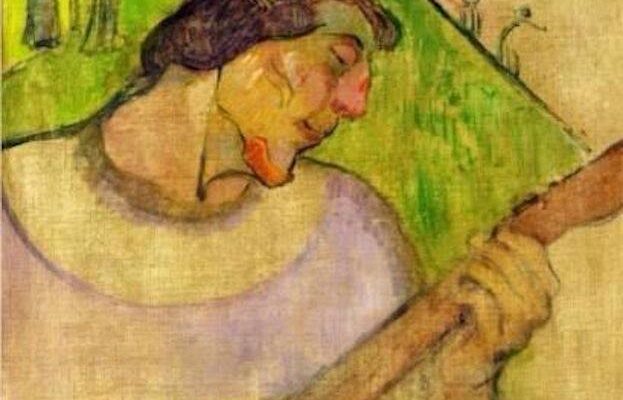
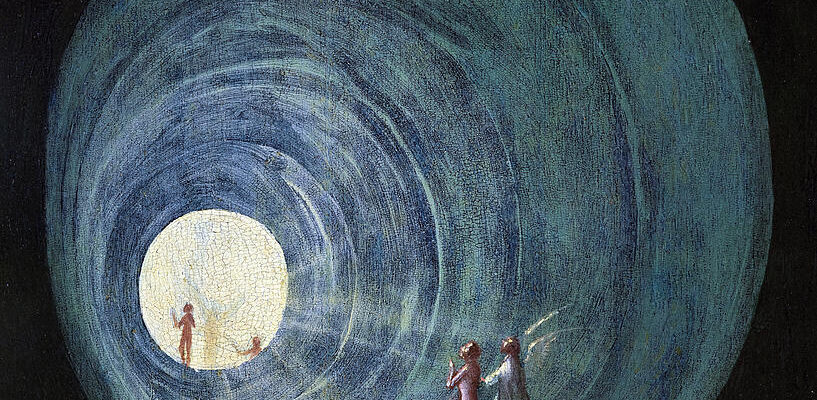
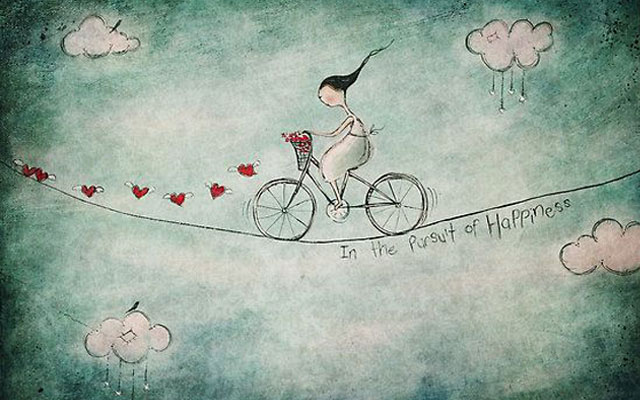
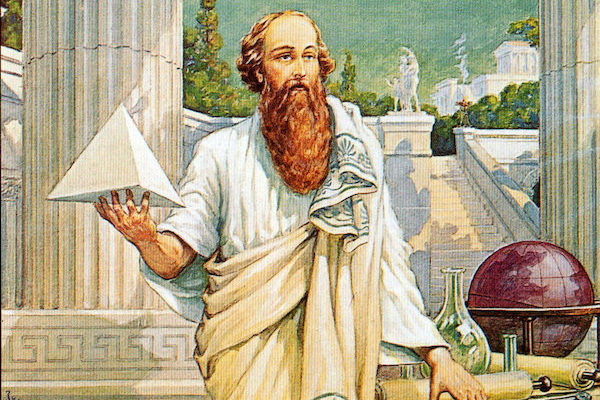
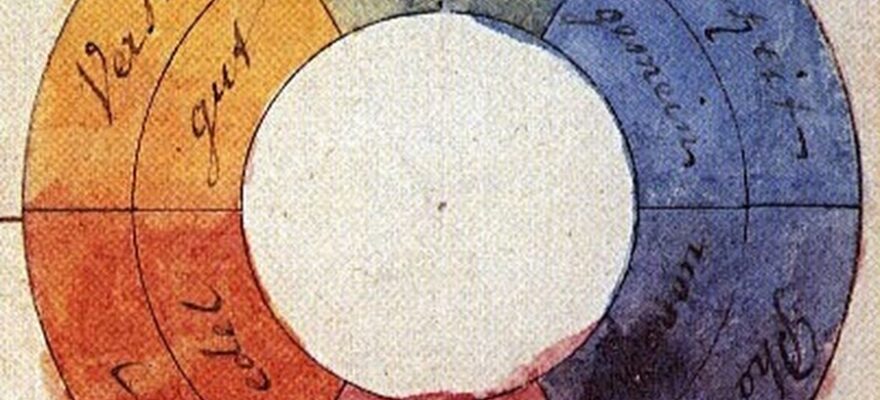

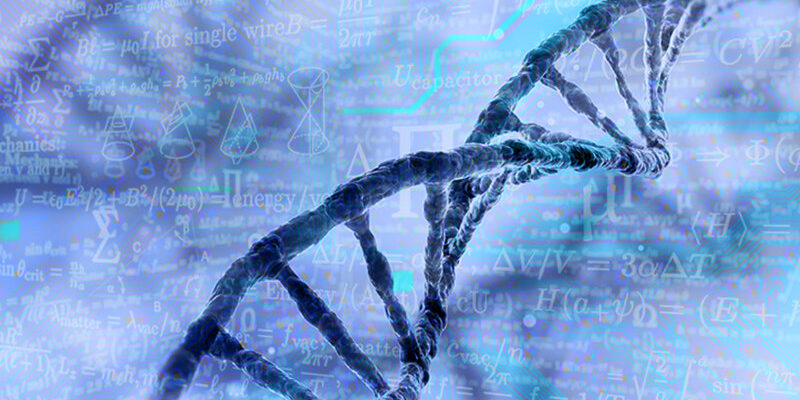





Social Profiles